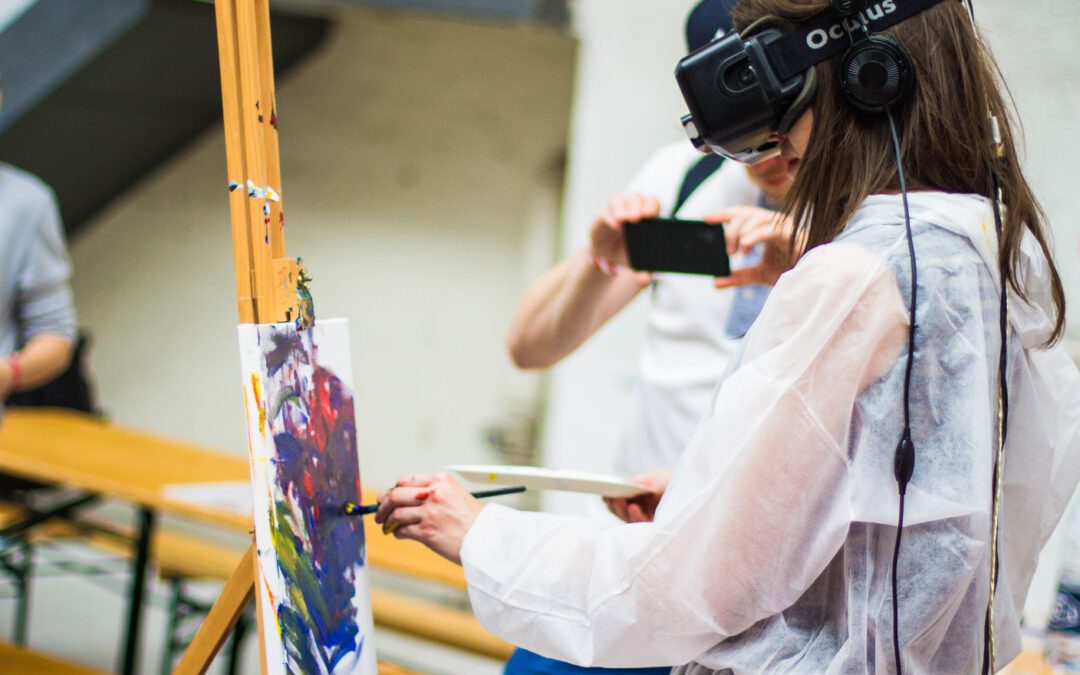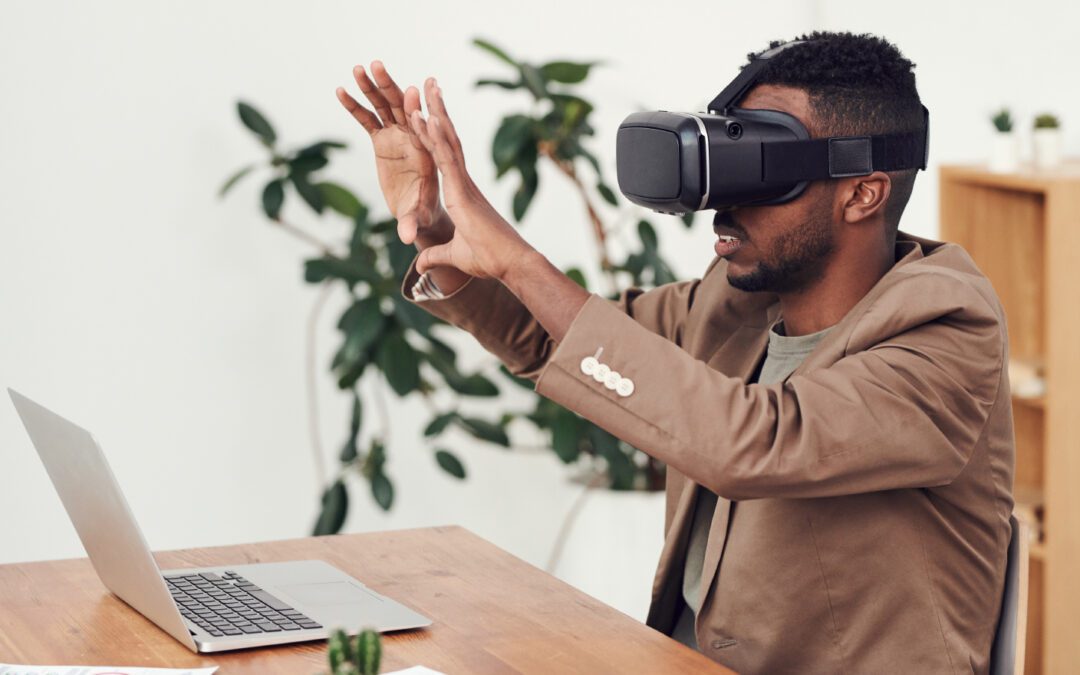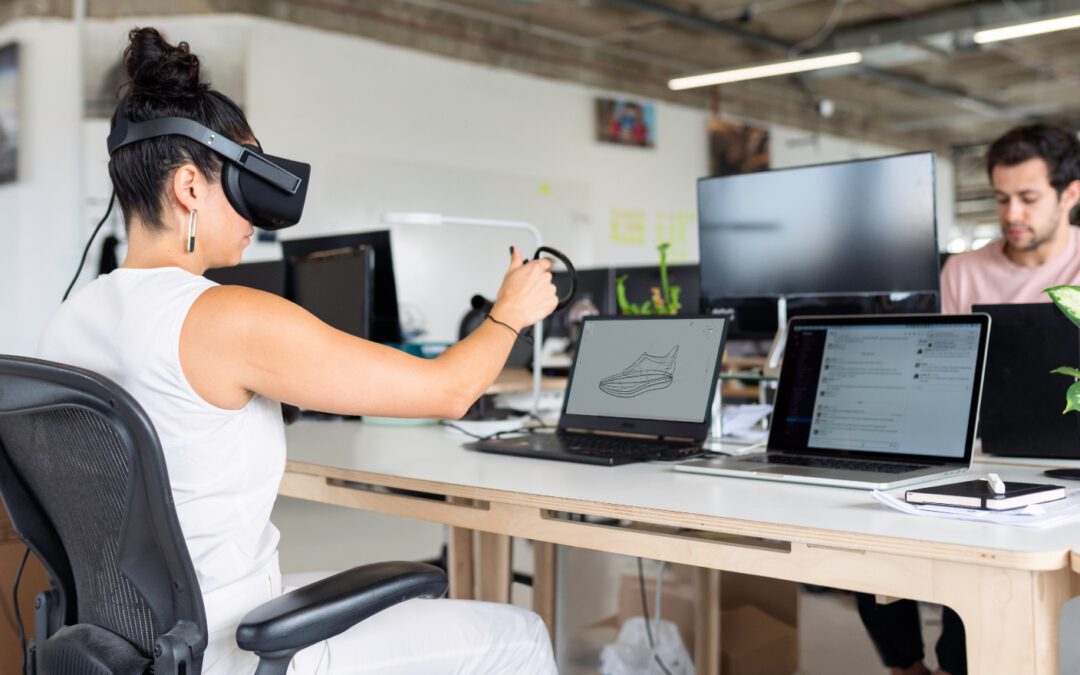Learn From An Experienced Team That Analyze Customer Insights To Help Make Result Driven Brands.

Virtual reality has come a long way from its early days as a gimmicky novelty. Today, it has become a mainstream technology that is transforming the way we interact with each other and our communities. With the growing availability of VR headsets and applications, we are beginning to see the social implications of virtual reality in action.
Virtual reality has the potential to transform our relationships in both positive and negative ways. On the one hand, it allows us to connect with people in ways that were previously impossible. For example, virtual reality can be used to create immersive experiences that simulate real-life scenarios, allowing people to practice skills or interact with others in a safe and controlled environment. This can be especially useful for people who have social anxiety or other conditions that make it difficult to interact with others in real life.
Virtual reality can also bring people together across great distances. For example, people who live in different parts of the world can use VR to attend events together, such as concerts or sporting events. This can help to foster a sense of community and belonging, even when people are physically separated.
On the other hand, virtual reality can also have negative social implications. For example, some experts worry that the use of virtual reality could lead to social isolation and a decline in face-to-face interactions. They argue that virtual interactions are not a substitute for real-life interactions and that people need to maintain a balance between the two.
Another concern is that virtual reality could be used to create increasingly realistic and immersive simulations that could be used to manipulate people. For example, virtual reality could be used to create propaganda or to train people to perform violent acts. This is a real concern, and it highlights the need for ethical considerations in the development and use of virtual reality technology.
In conclusion, virtual reality is transforming our relationships and communities in significant ways. While there are potential benefits to using virtual reality, there are also risks and negative social implications that need to be considered. As the technology continues to evolve, it will be important to strike a balance between the potential benefits and the potential risks. By doing so, we can harness the power of virtual reality to create positive social change and to enhance our relationships with each other and our communities.




